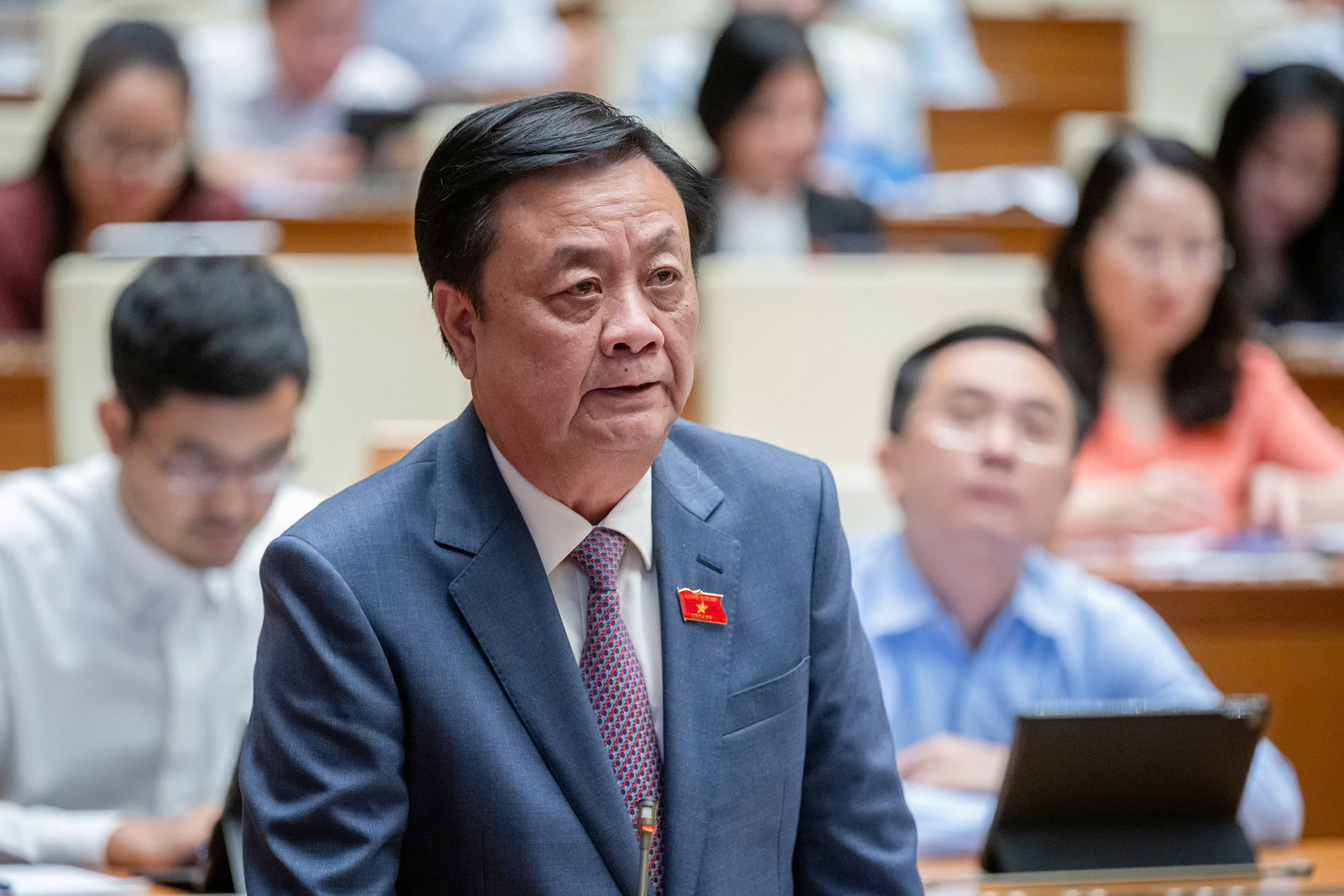
Vietnam has faced a steep $2.3 billion bill for cashew imports in just over seven months, as local farmers increasingly opt for the more lucrative durian crop, much to the dismay of Minister of Agriculture and Rural Development Le Minh Hoan.
The country, long recognized as the world's leading exporter of cashew kernels, has seen a notable decline in domestic cashew production as farmers turn to durian, which promises higher returns.
According to preliminary data from the General Department of Customs, Vietnam imported around 1.88 million tons of raw cashews worth nearly $2.3 billion up to mid-August this year.
This trend is driven by a significant reduction in local cashew cultivation areas, compounded by increasing international demand and competitive pricing from African and Cambodian suppliers.
The shift has sparked considerable concern among industry stakeholders, including the Binh Phuoc Provincial Cashew Association, which noted the impact of low-quality, imported cashews that are damaging the reputation of local brands.
These developments pose risks not only to Vietnam's position as a global cashew leader but also to the agricultural diversity and economic stability of rural areas traditionally dependent on cashew farming.
In response, Minister Hoan expressed his concerns during a recent visit to Bu Dang in Binh Phuoc, a major cashew-growing area. He was struck by the local farmers' frank preference for durian over cashew, citing significantly higher earnings from the former. This encounter highlighted the stark economic choices farmers face, prompting the Minister to call for innovative solutions to make cashew cultivation more viable.
The Ministry of Agriculture and Rural Development is promoting models that add value to cashew lands, such as intercropping with red reishi mushrooms, which could provide additional income to farmers.
Furthermore, efforts are being made to strengthen the linkage between cashew growers and processors through initiatives like the One Commune, One Product (OCOP) program, aiming to enhance the sustainability of the cashew sector.
Tam An